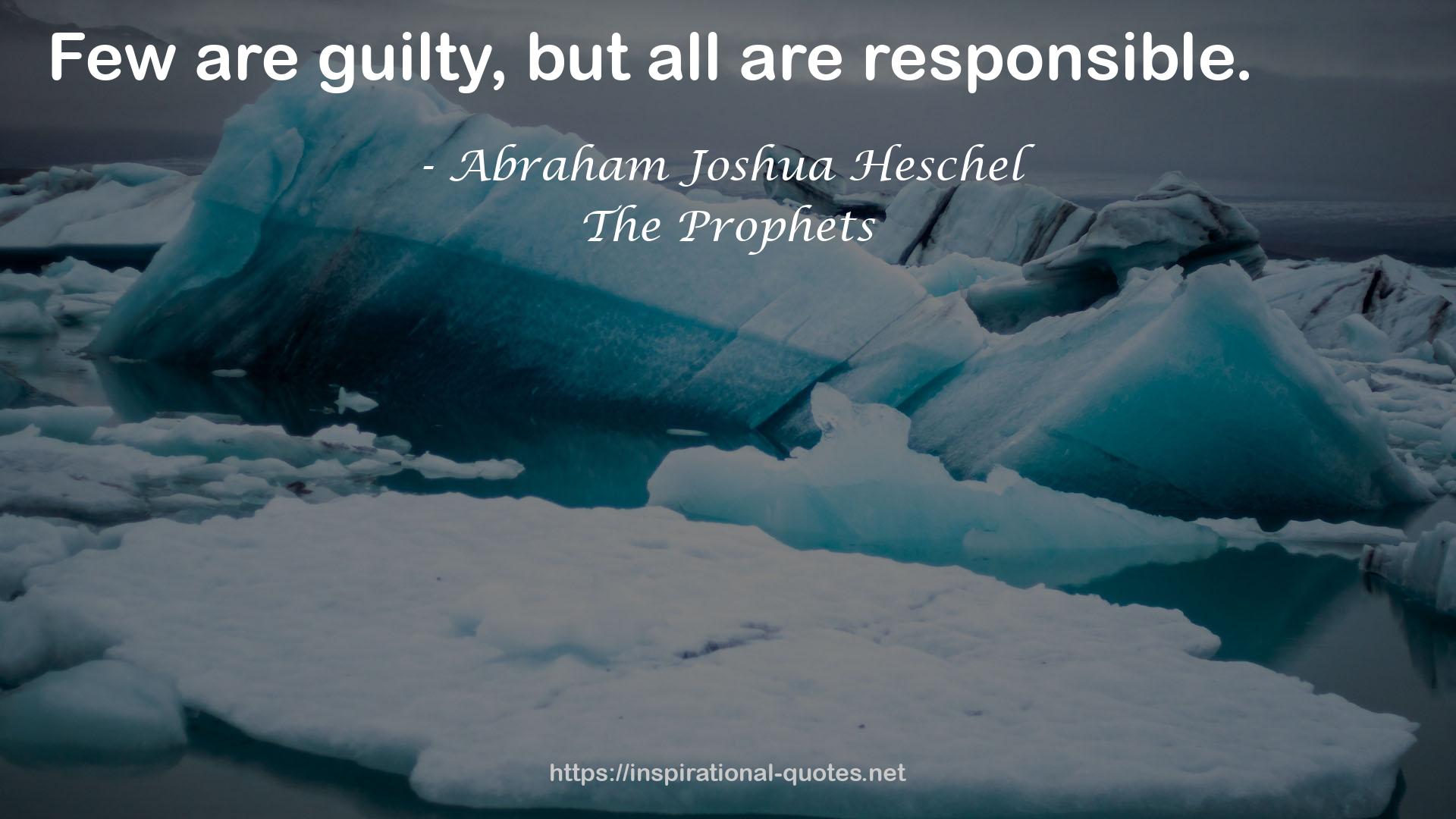The Prophets QUOTES
SOME WORKS
- Blue Exorcist, Vol. 3
- Robo To Usakichi 3
- Lady Daisy
- Babe: The Gallant Pig
- Ace: The Very Important Pig
- The Fox Busters
- Martin's Mice
- The Hodgeheg
- Dodos Are Forever
- French: Short Stories for Beginners + French Audio: Improve your reading and listening skills in French. Learn French with Stories (French Short Stories Book 1)

